How Does My Penis Change With Age?
Penis Aging and Size Changes: Natural Processes and Causes
As we age, many changes occur in the body, and these changes can also have an impact on sexual health. Age-related changes occur in men, especially regarding penis size and performance. How the penis changes with age and the factors that cause the natural processes of size changes are topics that many men wonder about.
First, penis size is determined by innate genetic factors. Therefore, it is normal for every man to naturally have a different penis size. However, as you get older, slight changes in penis size may occur. Research shows that penis size generally decreases with age. This is due to loss of elasticity and decrease in blood flow in the skin and tissues during the aging process. This condition can affect the size and hardness of the erect penis.
Another factor is hormonal changes with aging. The testosterone hormone, in particular, plays a major role in sexual health and performance in men. As we age, there is a natural decline in testosterone levels. This decrease can reduce sexual desire and affect erection hardness. Additionally, low testosterone can also lead to a slight decrease in penis size.
Another factor in the aging process is vascular health. Hardening of the arteries and the formation of blockages can affect blood flow to the penis, causing erection problems.
Most of these changes are part of the natural aging process and usually do not require medical intervention. However, if you have concerns or are experiencing serious problems with your sexual health and performance, it may be beneficial to consult a sexual health professional.
As a result, natural changes in penis size and performance may occur as we age. Most of these changes are generally normal and natural and do not pose a major problem in terms of sexual health and satisfaction for most men. However, it is important to support your sexual health and have a positive aging process by taking preventive steps such as a healthy lifestyle, balanced diet and regular exercise.
Sexual Performance and Age: Age-Related Erectile Dysfunction
The aging process causes many changes in the body and also has effects on sexual health. Sexual performance, especially in men, can show a remarkable change with age. Erectile dysfunction, commonly known as impotence, is one of the age-related sexual performance problems. This subheading will include information about how sexual performance changes with age and the causes of age-related erectile dysfunction.
Age-related erectile dysfunction is one of the most common sexual health problems men face as they get older. As we age, some changes occur in the blood flow and circulatory system in the body. These changes can negatively affect blood flow to the genitals and affect the hardness and duration of erection. Additionally, hormonal changes may occur during the aging process. The testosterone hormone plays a big role in sexual desire and performance in men. A natural decline in testosterone levels occurs with aging, which can lead to a decrease in sexual desire.
Although age-related erectile dysfunction is a problem experienced by many men, it can be treated in most cases. Preventive steps such as lifestyle changes, diet, exercise and stress management can be very effective in treating age-related erectile dysfunction. Additionally, medications and therapies prescribed by sexual health professionals can also help treat erectile dysfunction.
Early diagnosis is of great importance in preventing and treating age-related erectile dysfunction. Men should be sensitive about sexual health issues and communicate openly and honestly on these issues. Sexual health experts can help determine the most appropriate treatment methods for men's age-related sexual performance problems.
Being open and aware of age-related sexual performance problems is an important step towards supporting sexual health and happiness. Lifestyle changes, regular doctor check-ups, and advice from sexual health professionals can help support men's sexual performance and reduce the effects of age-related erectile dysfunction.
Hormonal Changes and Sexual Function: Testosterone and Its Effects
The aging process causes hormonal changes in the body, and these changes can affect sexual functions. Especially in men, the hormone testosterone plays an important role as we age. Testosterone is a hormone that affects sexual desire, libido and sexual performance in men. In this subheading, the effects of hormonal changes on sexual function, especially the role of the testosterone hormone and changes in the aging process will be examined.
During the aging process, hormonal changes occur in men. Especially the testosterone hormone has an important role in regulating sexual functions and sexual health in men. While testosterone affects sexual desire and libido, it also affects erection hardness and duration. As we age, there is a natural decline in testosterone levels, which can lead to changes in sexual function.
Low testosterone plays an important role in sexual functions during the aging process. Erectile dysfunction (ikt READ_WRITE: incontinence), decreased sexual desire, and loss of libido are some of the common sexual problems associated with low testosterone. Therefore, regular monitoring of testosterone levels is important for men who are concerned about their sexual health. Thus, changes in sexual functions can be minimized by applying early intervention and appropriate treatment methods.
In addition to age-related hormonal changes, lifestyle factors also affect sexual functions. Preventive steps such as regular exercise, a balanced diet and stress management help maintain hormonal balance and support sexual health.
Aging and Sexual Pleasure: Differences in Orgasm and Sensory Experiences
As age progresses, changes may occur in sexual experiences and differences in sexual pleasure may be observed. Orgasm and sensory experiences, in particular, can undergo significant changes during the aging process. Under this subheading, the effects of aging on sexual pleasure and orgasm, differences in sensory experiences, and age-related changes in sexual pleasure will be examined.
During the aging process, changes in sexual pleasure and orgasm experiences may occur. Especially in men, the duration and intensity of orgasm may decrease with age. Additionally, there may be changes such as slowing down the reaction time to sexual stimulation and taking longer for sexual responses to occur.
Sensory experiences may also change with age. As age progresses, it can be observed that sensory perception on the skin decreases and more stimulation is required for sexual arousal. This may also affect sexual pleasure and orgasm.
Age-related changes in sexual experiences may vary between individuals and should be considered normal. Changes with age reflect diversity and a differentiated process in sexual experiences. Therefore, changes in sexual experiences should be understood and accepted as normal and natural.
Sexual pleasure and orgasm experiences during the aging process can have an impact on individuals' sexual health, psychological well-being and relationships. Therefore, it is important for individuals who are concerned about sexual health to better understand their sexual experiences and live a healthy sexual life by getting support from sexual health experts.
Healthy Aging and Sexual Health: Preventive Steps and Recommendations
The aging process causes many changes in the body and also has effects on sexual health. Especially in men, changes in sexual health and performance may occur as age progresses. However, there is an important connection between a healthy aging process and sexual health. In this subheading, the effects of healthy aging on sexual health, preventive steps and recommendations will be examined.
The healthy aging process is important for supporting sexual health and living a positive sex life. First of all, regular exercise, a balanced diet and maintaining ideal weight are important for general and sexual health. Exercise increases blood circulation, encouraging greater blood flow to the genitals and can improve erection quality. At the same time, regular exercise can have positive effects on sexual desire and libido.
Healthy nutrition is also important for sexual health. Getting the right nutrients is important for maintaining hormone balance and getting vitamins and minerals that are important for sexual health. In particular, antioxidants are important nutrients that support sexual health. Foods such as green leafy vegetables, fruits, whole grains and healthy fats play an important role in supporting sexual health.
During the healthy aging process, it is also important to avoid stress. Stress can negatively affect sexual desire and performance. Methods such as relaxation techniques, meditation and hobbies can be used to cope with stress.
Additionally, regular health checks and doctor visits are also important for sexual health. Early diagnosis and preventive steps can help identify and treat sexual health problems early.
In conclusion, there is a close relationship between a healthy aging process and sexual health. Healthy aging is important for supporting sexual health and living a positive sex life. Preventive steps such as regular exercise, healthy nutrition, stress management and regular health check-ups are important to maintain sexual health and cope with the changes of the aging process.
SOURCES AND REFERENCES
Shabsigh, R. (2005). Decreased Testosterone and Sexual Function. The Aging Male, 8(2), 76-81.
Braun, M., Wassmer, G., Klotz, T., Reifenrath, B., Mathers, M., & Engelmann, U. (2000). Epidemiology of Erectile Dysfunction: Results of the 'Cologne Male Survey'. International Journal of Impotence Research, 12(6), 305-311.
Hatzimouratidis, K., Hatzichristou, D. (2007). Erectile Dysfunction: A Guide to Diagnosis and Management. London: Martin Dunitz Ltd.
Lewis, R. W. (2017). Aging and sexual function. In: Sadock, BJ, Sadock, VA, Ruiz, P. (Eds). Kaplan and Sadock's Comprehensive Textbook of Psychiatry. Philadelphia: Wolters Kluwer.
Corona, G., Rastrelli, G., Monami, M., Guay, A., Buvat, J., Sforza, A., ... & Mannucci, E. (2013). Hypogonadism as a risk factor for cardiovascular mortality in men: a meta-analytic study. European Journal of Endocrinology, 168(5), 1-8.
Hackett, G., & Kell, P. (2018). Erectile dysfunction and low testosterone: a practical approach to diagnosis and management. Reviews in Urology, 20(2), 55-68.
Kingsberg, S.A., & Woodard, T. (2015). Female Sexual Dysfunction: Focus on Low Desire. Obstetrics and Gynecology Clinics, 42(3), 427-440.
Laumann, E.O., Paik, A., & Rosen, R.C. (1999). Sexual dysfunction in the United States: prevalence and predictors. Jama, 281(6), 537-544.
Salonia, A., Castagna, G., Saccà, A., Ferrari, M., Capitanio, U., Castiglione, F., ... & Montorsi, F. (2012). Is erectile dysfunction a reliable proxy of general male health status? The case for the International Index of Erectile Function-Erectile Function domain. The Journal of Sexual Medicine, 9(10), 2708-2715.
Miner, M. M., & Seftel, A. D. (2007). Testosterone and aging: What have we learned since the Institute of Medicine report and what lies ahead?. International Journal of Clinical Practice, 61(4), 622-632.
Kingsberg, S.A., & Woodard, T. (2015). Female Sexual Dysfunction: Focus on Low Desire. Obstetrics and Gynecology Clinics, 42(3), 427-440.






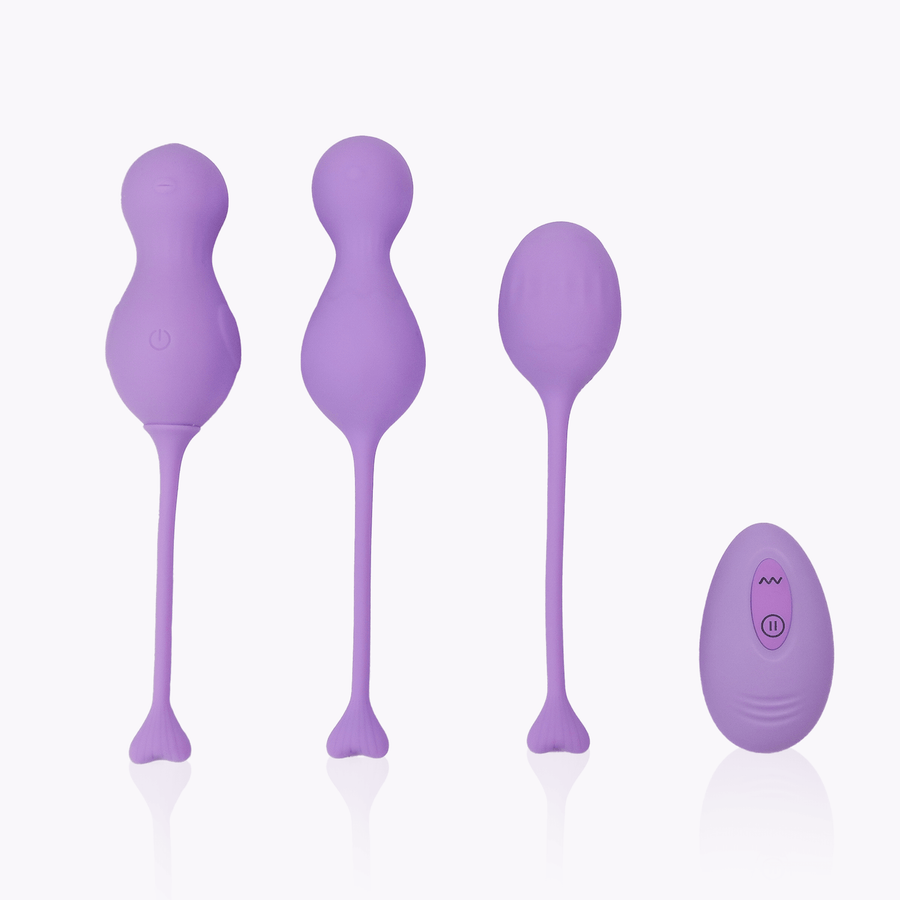
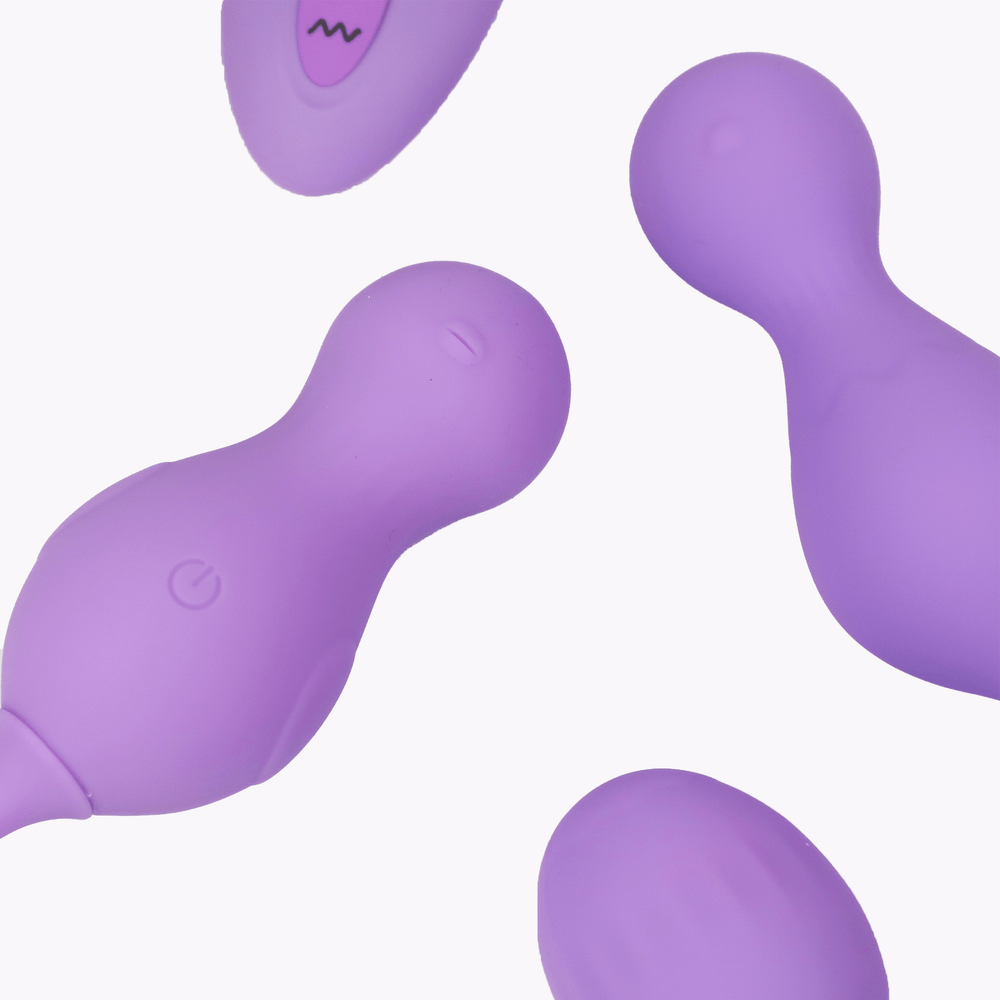
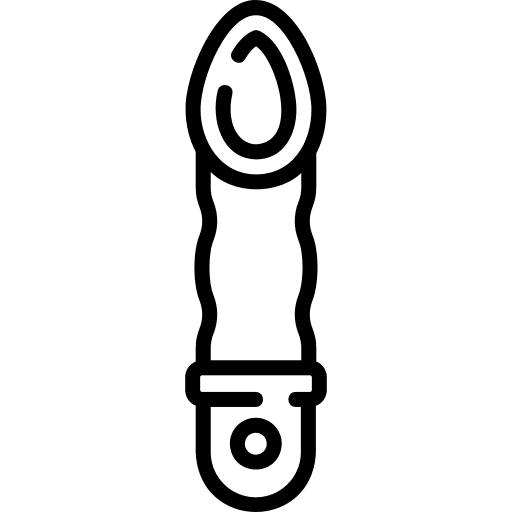
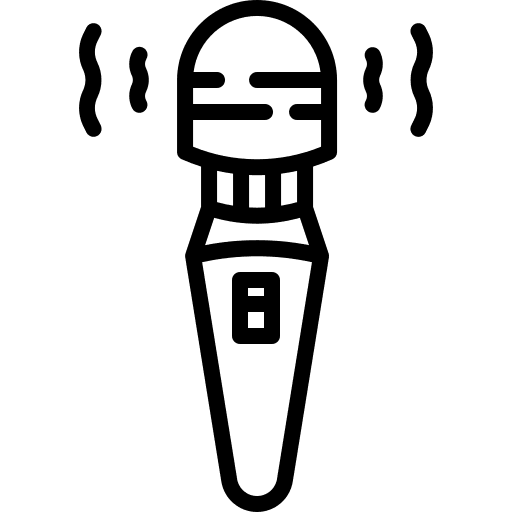
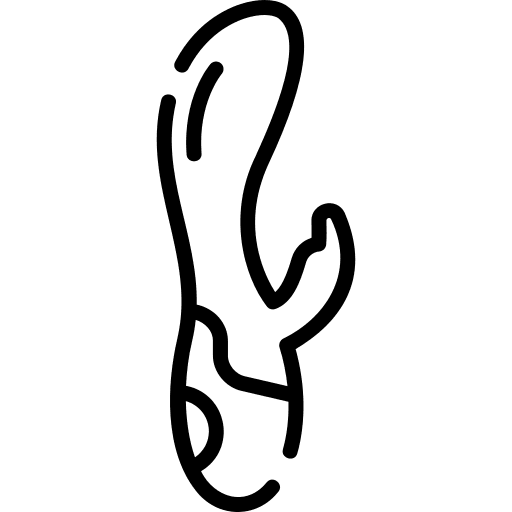



Leave a comment